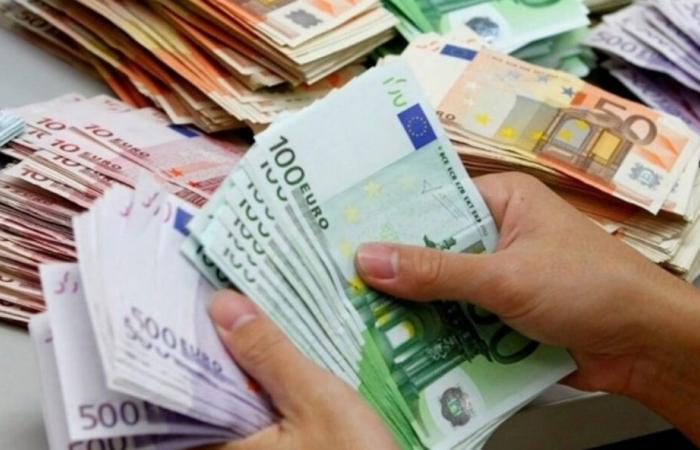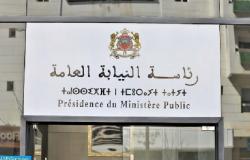The Central Bank of Tunisia (BCT) decided, during its Board of Directors meeting held on Saturday, to keep its key rate unchanged at 8%, thus continuing a prudent monetary policy. This decision takes place in a context marked by uncertainties surrounding the trajectory of inflation and economic risks in the short and medium term.
The published data reveal a notable improvement in the country’s financial balances. Net foreign currency assets stood at 25.6 billion Tunisian dinars (i.e. 115 days of imports) as of December 26, 2024, compared to 26.4 billion TND (120 days) at the end of the previous year. This reconstitution of reserves was supported by an increase in labor income and tourism receipts, despite a slight deterioration in the trade balance and significant expenditure linked to servicing the external debt.
Furthermore, inflation showed a slight easing in November 2024, reaching 6.6% compared to 6.7% during the previous three months. This decline is attributed to a reduction in underlying inflation, particularly thanks to lower olive oil prices. However, expected wage increases in the public and private sectors could slow the fall in inflation in the short term, according to forecasts.
The BCT emphasizes that the persistence of inflation at relatively high levels and significant risks in the short and medium term could compromise price stability and weigh on economic consolidation. It calls for rigorous management of public finance imbalances to support a sustainable economic recovery.






